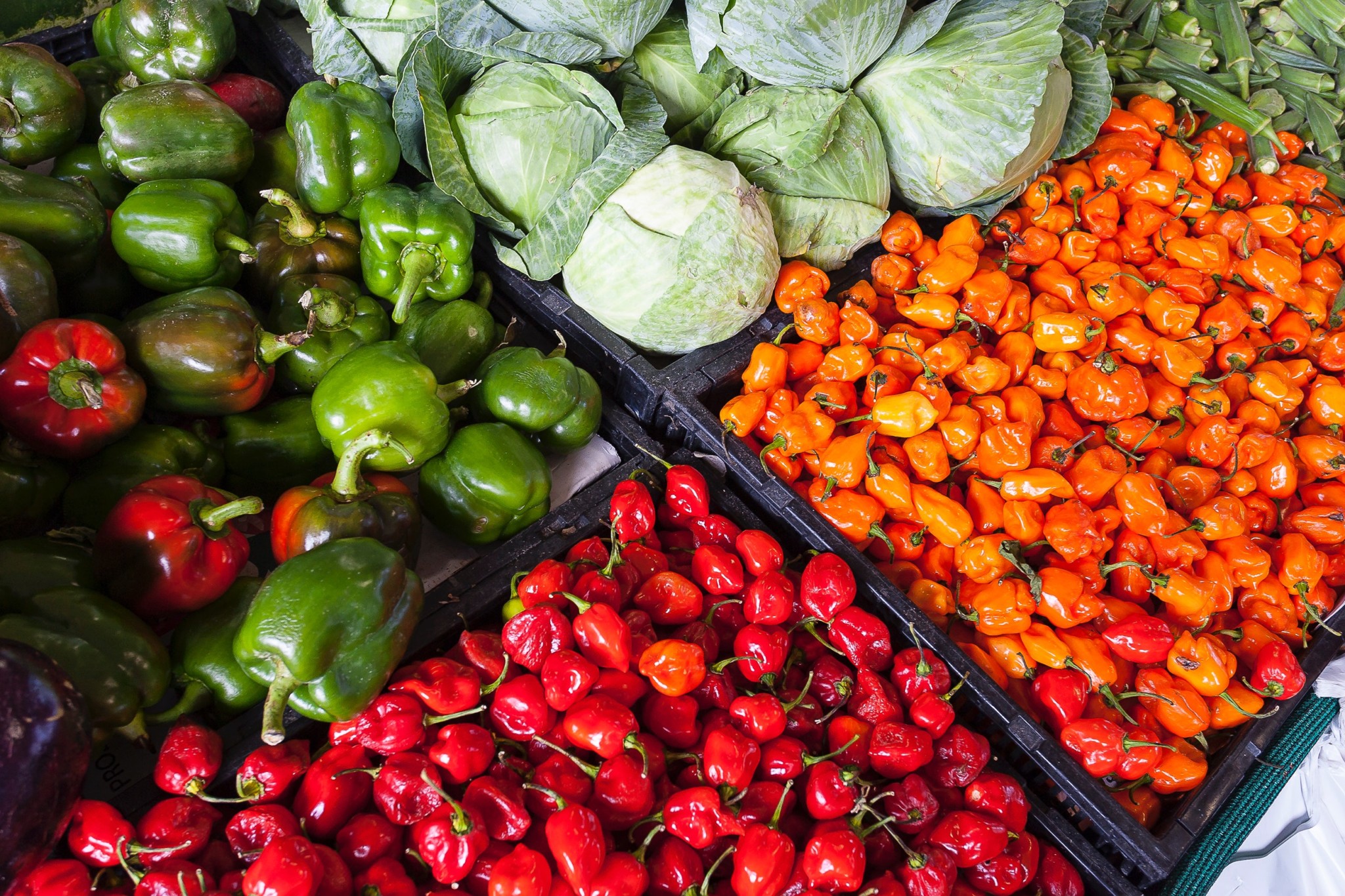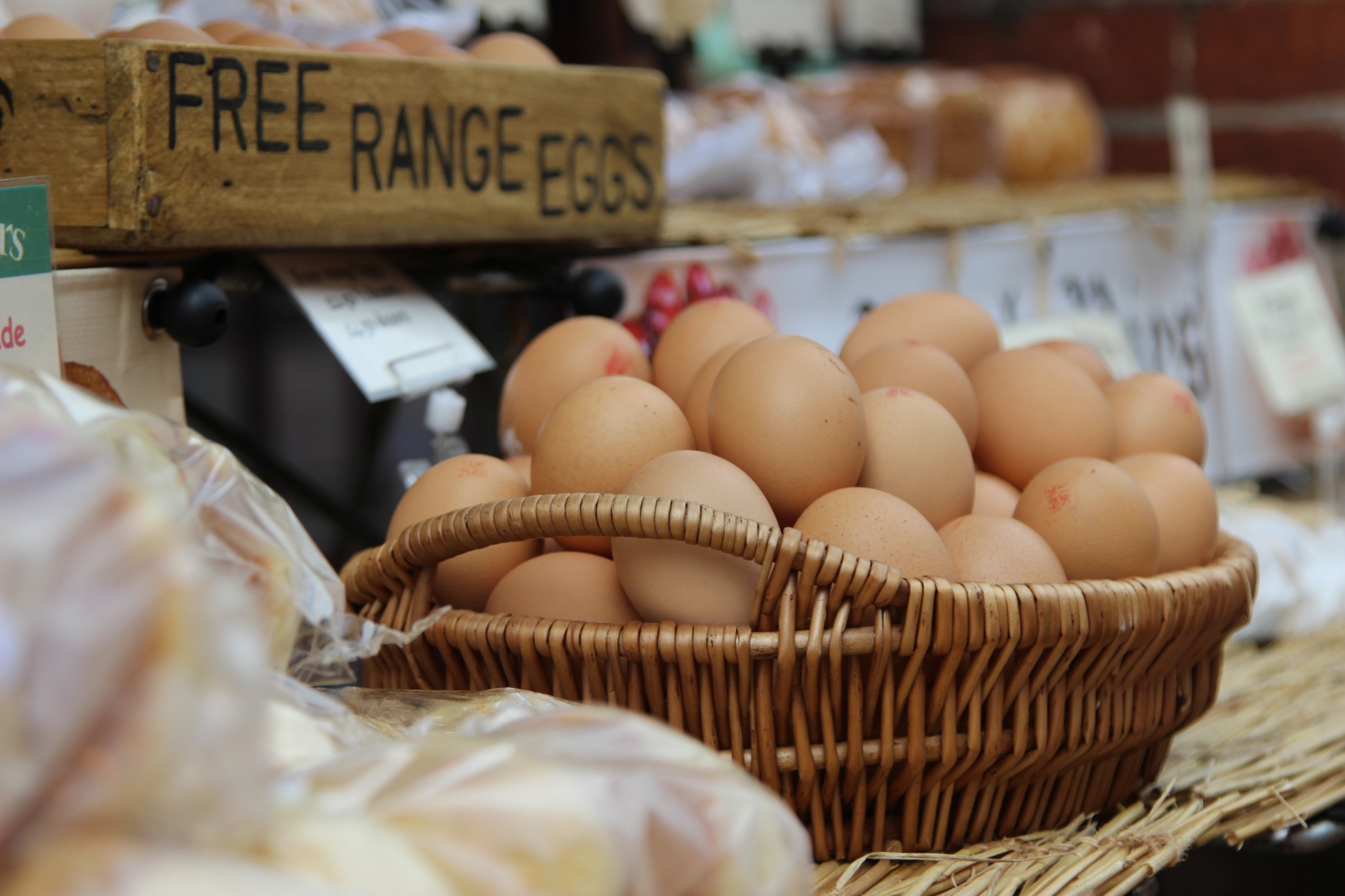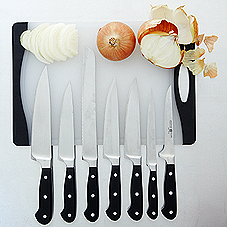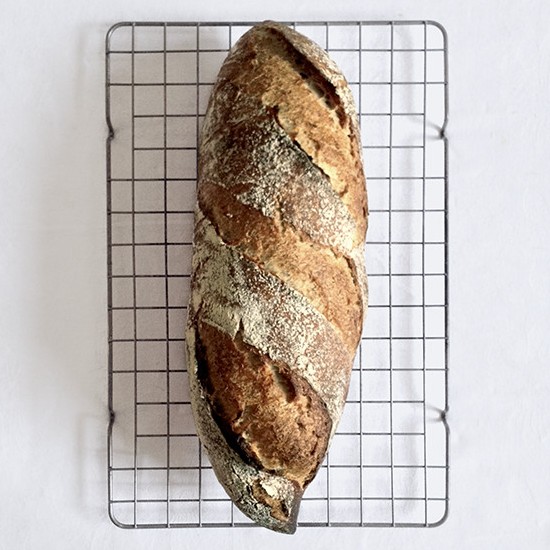Why eat organic ingredients?

Cookery School’s founder, Rosalind, started buying organic ingredients more than thirty years ago because they were free of chemicals like steroids and antibiotics. They clearly were better for everyone, but were harder to find and had to be sought out. Now we take it for granted that we can buy most items in organic form.
What is organic produce?
Organic ingredients are grown with fewer pesticides, no artificial colours and preservatives, no routine use of antibiotics and no fertilisers like phosphates, which are known carcinogens. Farmers who grow organic produce tend to use natural solutions to pest control, including well-designed crop rotations, encouraging natural predators and developing good soil/healthy crops, which have natural resistance to pests and diseases.
What about organic meat?
The standards that determine meat and poultry’s organic status is not only dependant on their living conditions (i.e their housing and space) but what they are fed, how they are treated, how they are transported and importantly, how they are killed.
Cows, chickens, pigs and sheep that are reared organically spend much of their time outdoors, roaming freely whilst also having the option of spacious shelter at night, or during bad weather. The routine use of antibiotics is banned across all animals,
Organic beef and dairy cows eat a 100% organic diet, with at least 60% of their diet consisting of fodder, roughage or silage (primarily hay, straw and other high-fibre plant-based materials) and 40% of concentrates. Meanwhile, organic chickens can indulge in natural behaviours, including scratching and foraging, chasing flies and taking dust baths. They are fed a diet free of animal offal and genetically modified foods and at least 95% of their feed must be grown organically.
For pigs, organic rearing allows them to express their natural tendencies, including digging up grass with their nose and roaming freely in fields. As such, tail docking and nose ringing are banned in organic pork production.
Finally, the main difference between organic and non-organic sheep are the measures implemented to control disease – non-organic sheep are more likely to be exposed to ongoing vet treatments, whereas organic farms use clean grazing systems to minimise the risk of disease.

Is it better for the environment?
In short, yes! Organic farming relies on the sustainable management of land and is less dependant on oil-based fertilisers and pesticides, reducing the chemical run-off into water systems and the soil.
The lack of chemicals also means weeds and insects are less likely to become resistant to herbicides and pesticides.
Healthy soil is also a huge weapon in the fight against climate change, as it stores three times as much carbon as the atmosphere and five times as much as forests. Therefore, if organic farming became a common practice in the UK, we could offset at least 23% of the agriculture industry’s current emissions.
Does it make a difference in the kitchen?
In our opinion, organic produce tastes far better. When, in early days of Cookery School, when we did a lot of chef training, we used to do double blind tests on organic v regular ingredients with chefs. Every time without fail, the organic products came out on top.
By buying organic products, we are also aiding biodiversity in both animal and plant products, allowing natural processes to continue and reducing the risk of disease.
Where can I find out more?
The Soil Association is the leading charity for organic certification in the UK. Their website is full of helpful information, as well as a directory of where you can find organic products. They also have a logo that appeared on all certified products in supermarkets. However, whilst many farmers use high organic standards in farming, they cannot afford the fees that the Soil Association charges for accreditation. Therefore, if you come across a small supplier at a farmers’ market, feel free to ask them about their methods – they very well may be organic! There are also a number of other accreditation that imply good farming methods, including Leaf and Red Tractor.
–
Want to learn how to cook organic ingredients? All of Cookery School’s meat, poultry, eggs, root vegetables, fruit and wines are always organic, as well as a host of other ingredients. Book a class or course today!
Category
Ingredients Sustainability




